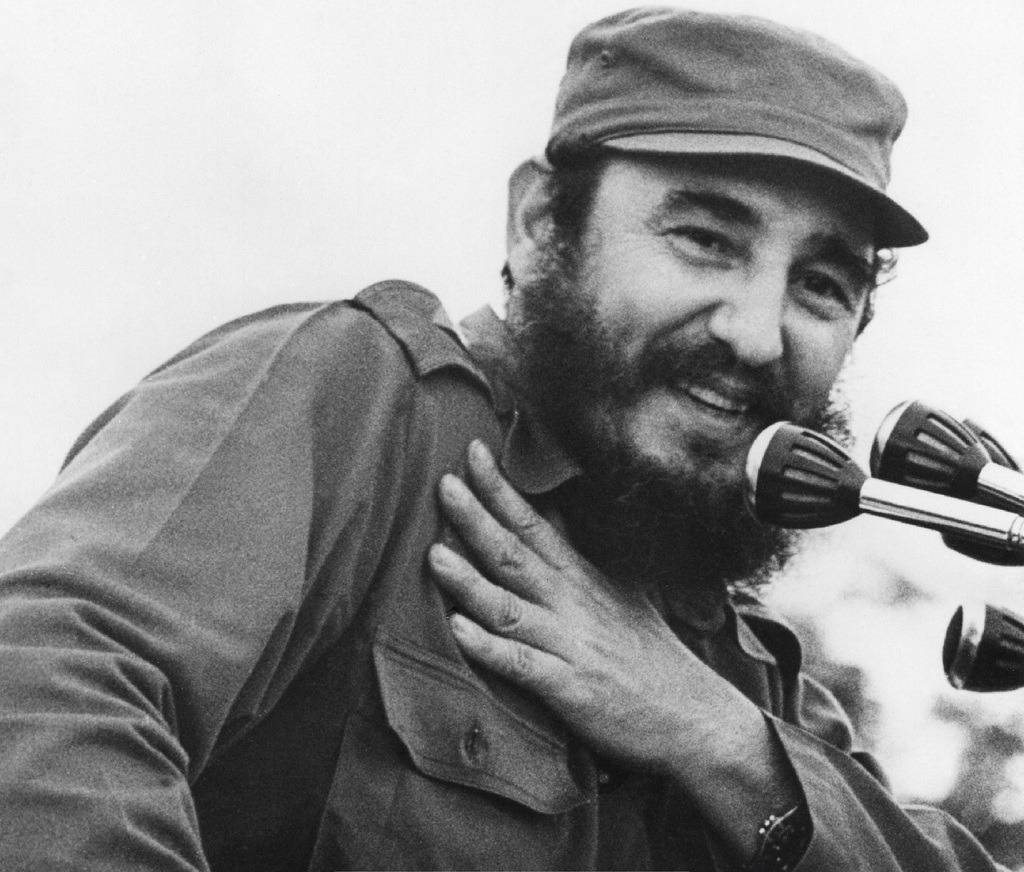His legacy of sovereignty and emancipation has been highlighted for days in public squares, workplaces, educational institutions, and solidarity groups in and outside Cuba.
Fidel Castro has been a living legend since his triumphant arrival in Havana on January 8, 1959, heading the guerrilla fighters who defeated the regime of Fulgencio Batista (1952-1958). With his thoughts and work, this revolutionary process transcended Cuba’s borders.
The genius and political wisdom of Fidel, the backbone of the people’s unity in the face of the constant hostility of successive United States administrations, which have since imposed a severe blockade on this nation, in retaliation, contributed to this.
The world recognizes the Cuban military strategist against the bandits in the Escambray mountain ranges in central Cuba, the mercenary forces at Playa Giron (Bay of Pigs) in Matanzas province in 1961, and during the October missile crisis in 1962.
Despite the policy of economic stifling, political pressure, and several assassination attempts, the leader of the Cuban Revolution maintained national sovereignty and independence and established social benefits that are currently unattainable for many nations globally.
Fidel promoted the revolutionary process and charted the course toward socialism, strengthening economic progress and social justice, and developing education, healthcare, sports, culture, and science.
The revolutionary Cuba of Fidel Castro became a paradigm for Latin American revolutionaries and progressive movements in different regions worldwide that relied on his solidarity, Latin Americanism, and Third Worldism vocation to achieve independence in their countries.
The Cuban statesman’s contributions to strengthening left-wing forces in Latin America and the rest of the world are widely documented. The Cuban contribution, with Fidel Castro in charge, to the anti-colonialist struggles in Africa, the defeat of Apartheid in South Africa, and the unity of poor nations is epic.
Described by his brother and comrade-in-arms, Army General Raul Castro, as “the most illustrious Cuba’s son in the 20th century,” the commander-in-chief is distinguished by turning setbacks into victories, his ideals’ firmness, and the triumph of fair causes.
The physical existence of Fidel Castro (Biran, Holguin, August 13, 1926 – Havana, Cuba, November 25, 2016) was marked by transcendental events for the country, including the preparation and execution of the attacks on the Moncada Garrison in Santiago de Cuba and the Carlos Manuel de Cespedes Garrison in Bayamo.
His historic self-defense speech known as “History will absolve me” before the court that judged him and where he outlined the program of the future Revolution in Cuba, also goes beyond that context.
His 15-year prison sentence, his subsequent amnesty in 1955, his exile in Mexico, and his arrival with his brother fighters on Cuba’s eastern coast on December 2, 1956, stand out as episodes in the life and actions of inescapable Fidel Castro for Cuba and the world.
jrr/iff/lam/lld










